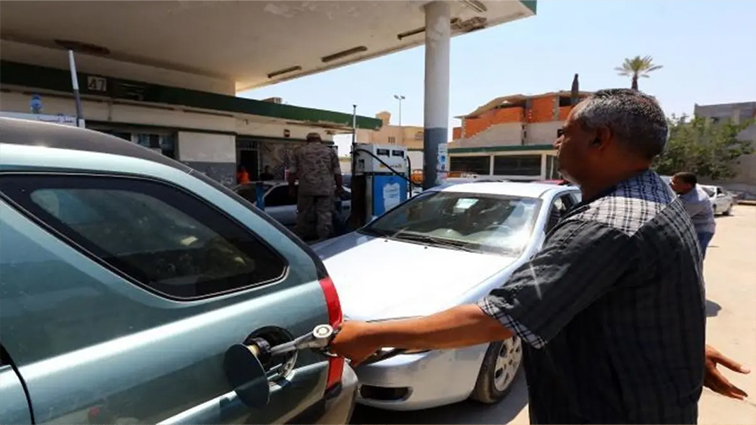The fuel and gas crisis has worsened in Libya’s oil-rich southern cities, as attempts by executive authorities to calm the situation failed, prompting residents to demonstrate in protest, ending with a decision to close the region’s largest oil fields.
A number of citizens from the city of Ubari expressed their dissatisfaction with the absence of fuel at the stations and its availability in large quantities on the black market at high prices.
They noted that public services in the region suffer from neglect, making commuting to work or study difficult for them and their families.
Protests have intensified recently, with protesters from Fezzan province shutting down the Sharara oil field to express their rejection of the fuel and gas cuts, threatening to escalate if their demands are not met.
The Government of National Unity announced an increase in the quantities of fuel destined for the Sabha depot in the south, in order to meet the needs of the population and ensure equality among all regions.
However, activists doubt that these promises will solve the problem of the grinding crisis in hydrocarbons, considering corruption and involvement in fuel smuggling as major reasons for the exacerbation of the crisis.
